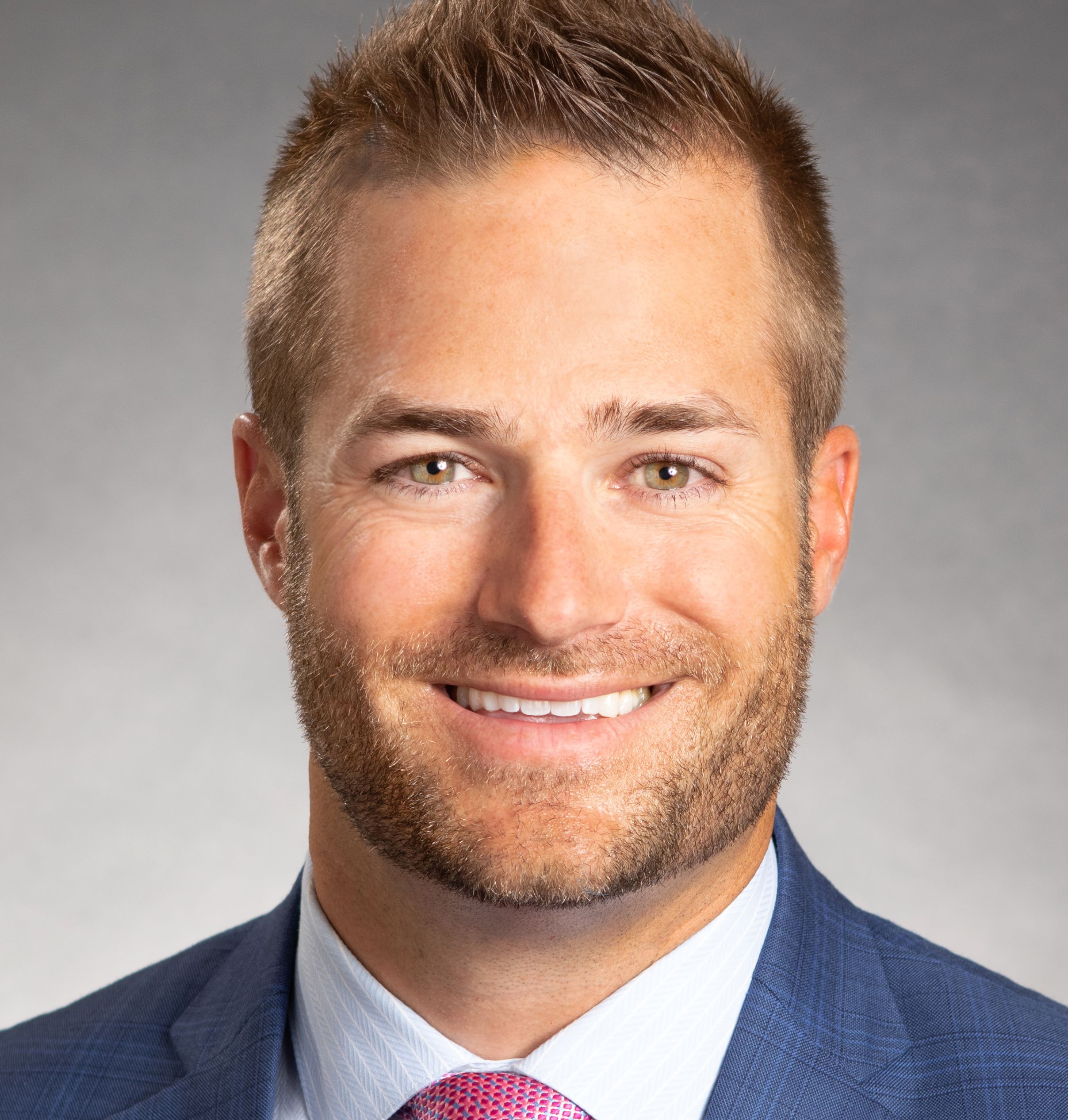How to Maximize Your Profitability Through Healthcare Real Estate
COVID-19 has shifted the bargaining power for healthcare providers in the real estate market.
Colin Carr

When it comes to managing expenses in your business, there’s no shortage of categories to evaluate—equipment, technology, insurance, benefits, wages and more. And while the highest expense for most healthcare practices is payroll, that’s typically followed by real estate. However, when you consider the financial impact of each, only one is truly negotiable.
The economic terms of a lease or purchase agreement can vary significantly, and as a healthcare provider, you have the ability to negotiate the length of lease and desired concessions, including build-out periods, tenant improvement allowances, free rent periods, annual rate increases and other important provisions. Understanding that each element can be dramatically negotiated to increase profitability is vital.
So, here’s what you need to know heading into your next transaction.
The COVID Effect
Despite the most obvious challenges to the vast majority of healthcare practices, the healthcare real estate market has remained quite strong. Low interest rates, in-demand tenants, long-term leases and stable occupancy for the healthcare industry have much to do with this.
One thing the pandemic has certainly reinforced is that medical providers represent some of the most sought-after prospects for a landlord or seller—something to keep in mind as you consider future purchase or lease decisions. Because medical providers prefer longer lease terms, often five, seven or 10-year-plus leases (which are favorable for both tenants and landlords) and because they’re considered low risk compared to traditional office or retail users, most landlords will offer more favorable lease terms and concessions today than before the COVID-19 outbreak, if properly represented.
The pandemic has also forced innovation in telehealth services, the popularity of which soared over the past year. And despite the widespread adoption of virtual appointments—a great addition to healthcare services—healthcare executives anticipate telemedicine could actually boost in-person visits by increasing patient engagement and reaching those in remote or underserved locations.
Timing Future Real Estate Transactions
Timing is everything in real estate. If you’re considering purchasing, relocating, expanding or have a lease expiring in the next two to three years, it’s not too early.
More than 80% of healthcare practices lease their office space, and one of the most common mistakes healthcare tenants make is failing to familiarize themselves with their current lease terms and how they compare to the best options in the immediate market. It is vital to be aware of every viable option in your market, as well as tracking with all the important dates and deadlines in your current lease, as most leases contain options that must be exercised within a specific time period, typically six to 12 months prior to the expiration.
Don’t wait for your landlord to approach you on a lease renewal negotiation, as it will typically be too late. Start by consulting a healthcare buyer/tenant-specific agent who understands what’s needed to get the most out of your renewal process. When properly negotiated, build-out allowances, free rent and other concessions can be gained to the amount of tens to hundreds of thousands of dollars in your favor. It’s also very common to start a commercial lease-renewal term at a lower rate than what you are currently paying, as annual increases in leases often outpace inflation. The amount of overall savings depends on the availability of competitive vacancies, your understanding of the immediate market, and your exclusive agent’s ability to establish a strategic posture on your behalf.
Leverage and Posture
It’s virtually impossible to win in a negotiation without leverage and posture, both of which are created by bringing multiple, top real estate options to the table. Simply telling a landlord you have another proposal won’t work, and most landlords assume unrepresented tenants aren’t serious about making them compete for your business. With the right timing, professional representation, an understanding of the best available options near you, and a detailed game plan of what you want to accomplish to capitalize on the market, you can negotiate to achieve the most favorable terms on your second highest expense.
Purchases
Something that has become common is that landlords who were not sellers previously are now willing to sell their buildings to healthcare professionals with term remaining on their lease. For tenants happy in their current space, this is an incredible time to consider purchasing the real estate you already occupy. Many landlords are also willing to condo their buildings, selling healthcare providers their individual unit, which can open up even more opportunities for healthcare providers to own commercial real estate. Ownership in a space you would otherwise lease can make a massive impact on your overall profitability, and change your net worth by hundreds of thousands of dollars in just a few short years.
Representation
How can you best select a real estate broker for your next opportunity? Look for one who understands commercial real estate, only works for you as the tenant or buyer, can help you find the most viable options for leverage, has strong knowledge of medical office needs—which can be vital when negotiating build-outs and tenant improvement allowances—and can take and absorb the conflict and confrontation that is inherent in high-stake negotiations.
Significant amounts of money can be won or lost in every commercial real estate transaction, and the difference between a properly or poorly negotiated transaction is tens to hundreds of thousands of dollars.
About the Author
Colin Carr is the founder and CEO of CARR, the nation’s leading provider of commercial real estate services for healthcare professionals. He has been involved in commercial real estate for over two decades and has personally completed more than 1,000 transactions. He trains and advises thousands of healthcare professionals, administrators, investors and students throughout the country each year through national meetings, conventions, study clubs, associations, universities, webinars and more.